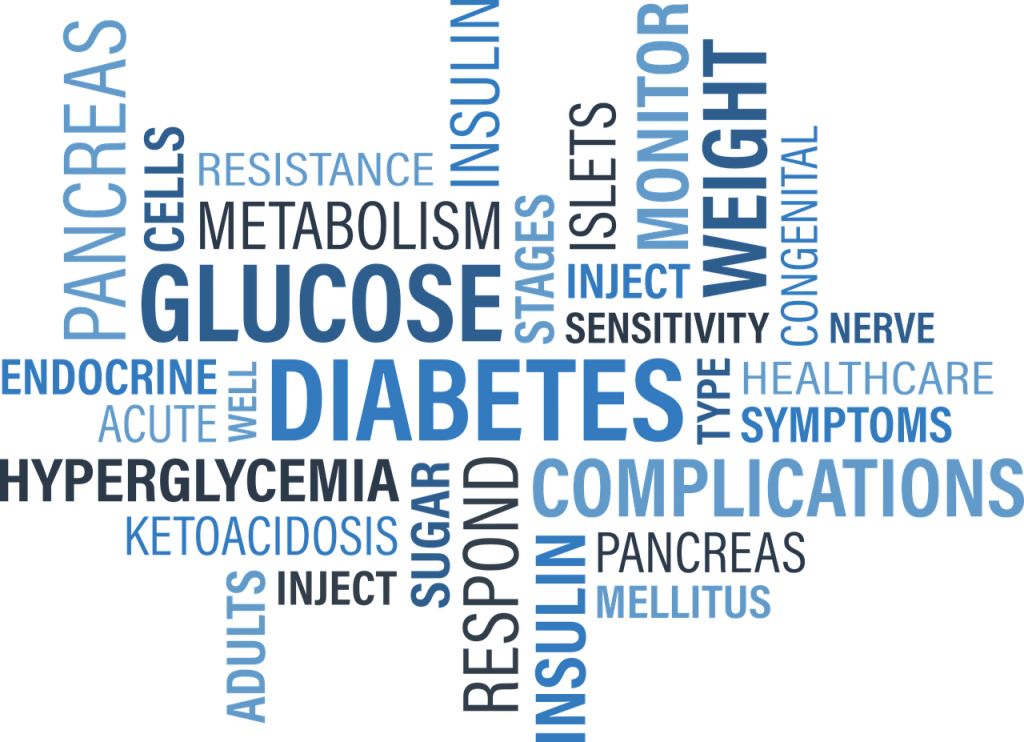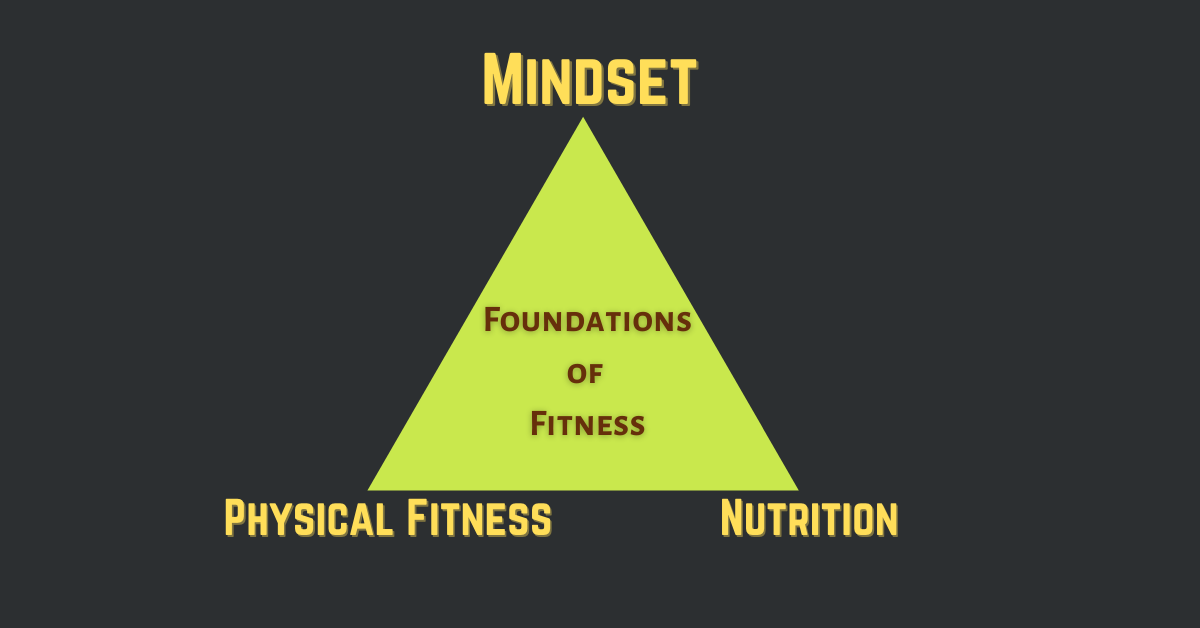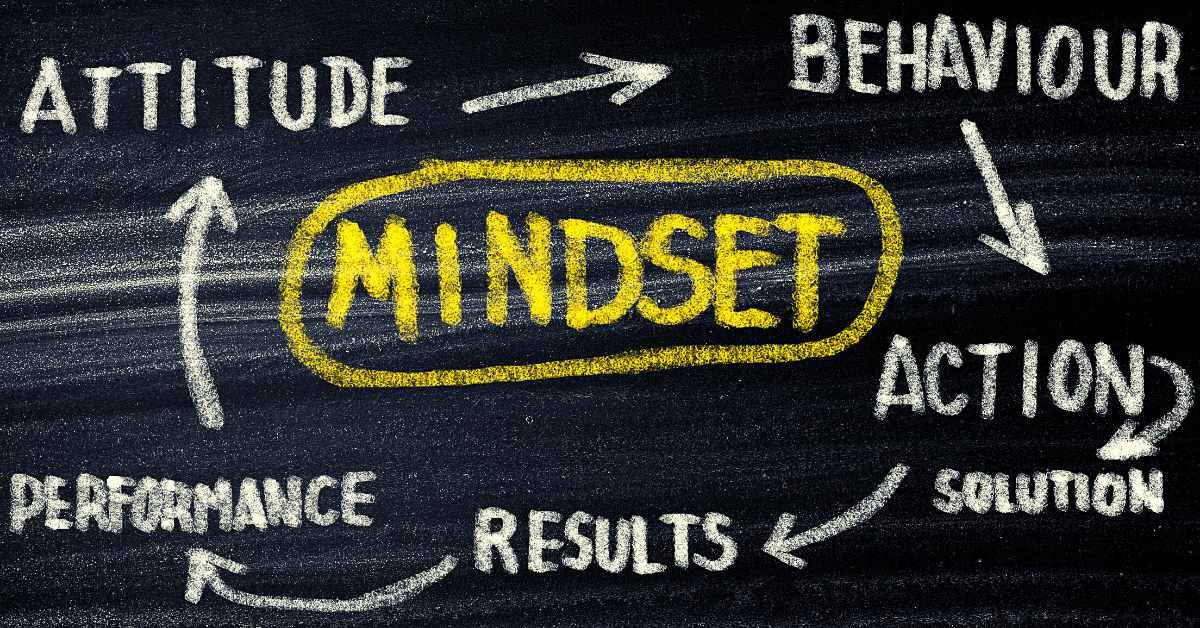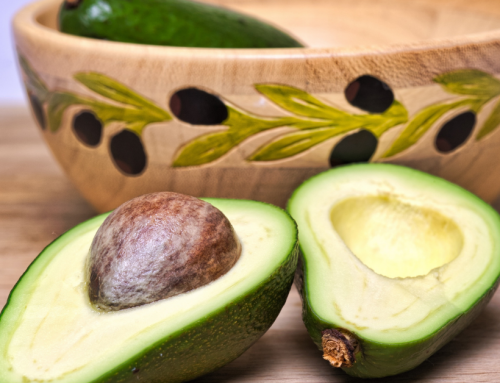Let’s talk about the ketogenic diet, the hard stuff, the easy stuff, and all the fun stuff in between. One of these topics I want to focus on is diabetes type 2. Diabetes is an epidemic in the United States today. A stunning 52% of the adult population is suffering from type 2 diabetes or prediabetes. Type 2 diabetes can be a devastating disease and is often mistakenly regarded as chronic or progressive. That means it will only worsen over time. However, clinical trials have shown that type 2 diabetes can be reversed.
Although I am not going to solve the epidemics around the United States today, I will investigate how people with diabetes may have a chance to reverse their illness because of dietary changes.
What is your WHY?
If you have something you are working towards, it will keep you motivated and keep you on track. If your goal is to get rid of your Type 2 Diabetes, this is your time to focus. Once you get started on a one-way path to your destination, you may find it harder to return to your old ways.

The Science of Keto and Diabetes
The ketogenic diet has the potential to decrease blood glucose levels. So, managing carbohydrate intake is often recommended for people with type 2 diabetes. Carbohydrates turn to sugar, and in large quantities, cause blood sugar levels to spike. If you already have high blood glucose, switching a diet to focus on fat causes people to experience reduced blood sugar. Changing your body’s primary energy source from carbohydrates to fats causes an increase in ketones in the blood. This type of dietary ketosis is different than ketoacidosis (a hazardous condition). Going keto with type 2 diabetes means you should still test your blood sugars multiple times a day to ensure you are in a safe range and test your ketone levels with test strips to help avoid ketone levels getting too high.
Here are some quick facts and medical studies that I found on HealthLine.com around keto and type 2 diabetes:
- “A 2013 review Trusted Source reported that a ketogenic diet can lead to more significant improvements in blood sugar control, A1c, weight loss, and discontinued insulin requirements than other diets.
- A 2017 study also found the ketogenic diet outperformed a conventional, low-fat diabetes diet over 32 weeks regarding weight loss and A1c.”
Work with your doctor to form a plan to deliver the best results without putting your health at risk.

Create Goals as You Go
Your biggest obstacle will be your mind. Mindset takes a significant role in the goals you are trying to achieve. Poor body image can affect you psychologically, deter you from becoming your best self. If you get up every morning and tell yourself You Are Enough, you will eventually inch out your self-doubt. Changing your body will also change your outlook. Constant goal setting is vital when it comes to nutrition, mental health, and overall success. If your first goal is to take back control of your mind and body, you can start with dietary changes.
If I snapped my fingers and you were 30 lbs lighter… would you be happy?
Setting a goal that is tied to a scale may limit your potential in this process. Once you hit that goal, you are left asking yourself, “then what comes next?”
Starting a diet is a small step in the right direction. It means you are chasing a feeling; maybe you are telling yourself, “I will finally be happy when I weigh 130 lbs,” but the reality is, will you?
It’s important to ask yourself what is the feeling that you are chasing. What is your Why?
This is about more than just your weight.
Mind Over Macros
Let’s say that you decide to hire a personal trainer along with your custom keto diet plan.
That trainer can break down your macros, give you great workouts, weigh you and measure you; if those results are not enough, then it is time to ask yourself about your belief system.
If you can teach the belief system that you are 100% worthy, it does not matter how much you weigh, how much you ate, or how you were raised. Believing and knowing that you are making these changes because YOU ARE WORTH IT is a much bigger idea to hold onto for the long term. After all, beliefs are just thoughts that you have over and over again.
The first step, be aware of your thoughts.
Get in your head and see your belief systems and what is stopping you from reaching your goals or achieving the happiness you promised yourself once you hit 130 lbs. With mindset, the weight is not your problem; it is a symptom of what is inside you.
The second step, following the meal plan, is the easy part. Putting down the fork is the easiest part of all this.
There are three main categories of how people view food:
- Food is a vice.
- It is a culprit.
- Food is fuel.
Understanding that food is nourishment and necessary for surviving and thriving will help keep little cravings at bay.
In the third step, your thoughts are what you are left with. Being aware of how you view this lifestyle change is key to success. Is this a means to an end? Or is this the end to feeling bad about what you eat? Once you know how you perceive your lifestyle change, you can start to love the skin you’re in and make better choices.
If I were to draw a pyramid diagram of the foundations of fitness, I would have physical fitness and nutrition in the bottom corners and mindset at the top.
Your thoughts fuel your feelings, and your feelings fuel your actions. Your actions give you your results. You are always in control of what you do and the choices you make.

You Are Enough
What is your why? Most people will name their children, their family, maybe their health as a reason to make a dietary change. Finding out how to make that dietary change stick is the challenging part.
Using outside factors to measure yourself will not only make you feel worse, but it will allow doubt to inch its way back inside of you.
Similarly, you cannot change your actions until you have thought it through and understand your feelings. Changing your thought process and feeling process takes work. If you are having a bad day or ate one thing outside of your diet plan, that’s okay. Instead of giving up and letting it all go to hell for the next week, just sit with your thoughts and allow yourself to take back control of how you feel about this commitment to keto.

No one will fix you or me; whatever validation we are looking for is entirely within ourselves. Of the many gyms I have been employed with, there is one person that I will never forget. A woman is in her 50s, in great shape, strong, with great skin, and a bubbly personality. To add, you would see her at the gym working so hard six days a week! One conversation I had with her stuck with me; she told me that her doctor asked her, “what are you training for?” and she simply told him “life.” We had a good chuckle over that comment, and I agreed with her.
The visits to the gym, the awareness of what I am putting into my body are not obsessions. These aspects of living are so dear to the woman I just mentioned. Of course, to me as well, because it feels good. That feeling we are chasing is a happy, clear-headed, even-keeled feeling that we get from checking the box after a good workout or a healthy meal.
What is a fact, and what are the stories you are telling yourself? Facts are not feelings.
Here is a fact, that strawberry cheesecake will spike your blood sugar and break your progress. The feeling you will have after that is a dopamine hit, a sugary rush, then discomfort afterward, and sometimes a pang of guilt. We will call this falling off the keto wagon. What happens next, is up to you. One cheat does now have to knock you completely off track. Take control of your thoughts and your feelings and make the next meal better.
Most importantly, the results you are seeking are still obtainable after a cheat. Your thoughts create your feelings which drive your actions and yield your results.
Your worth is non-negotiable. You are enough.






